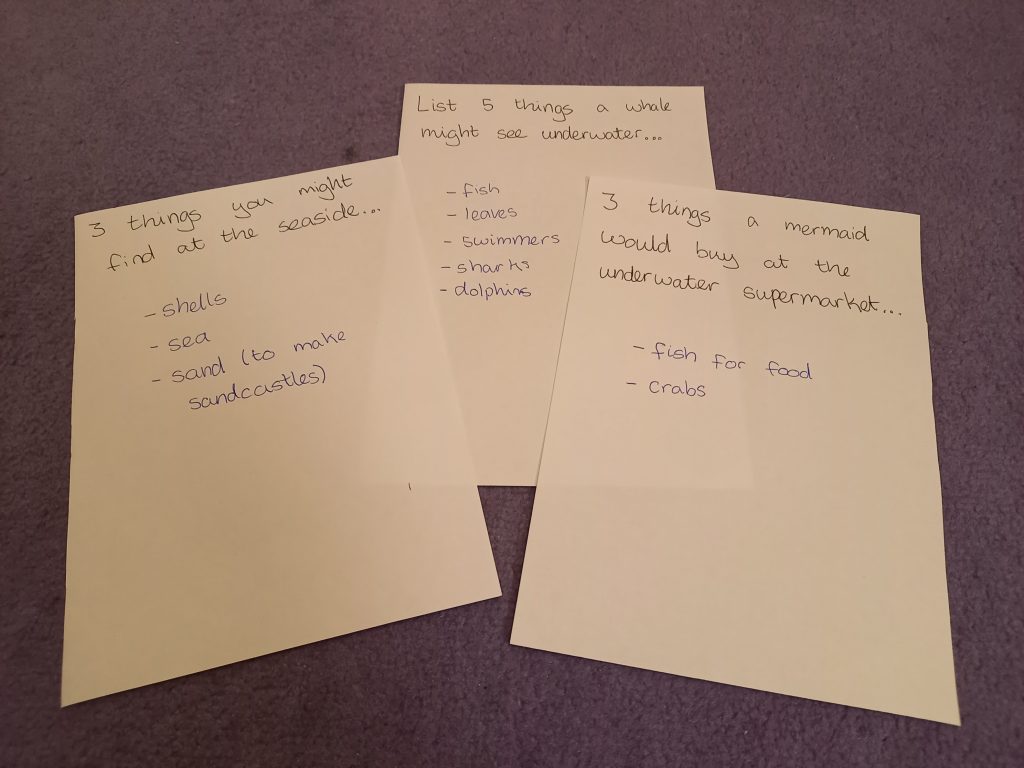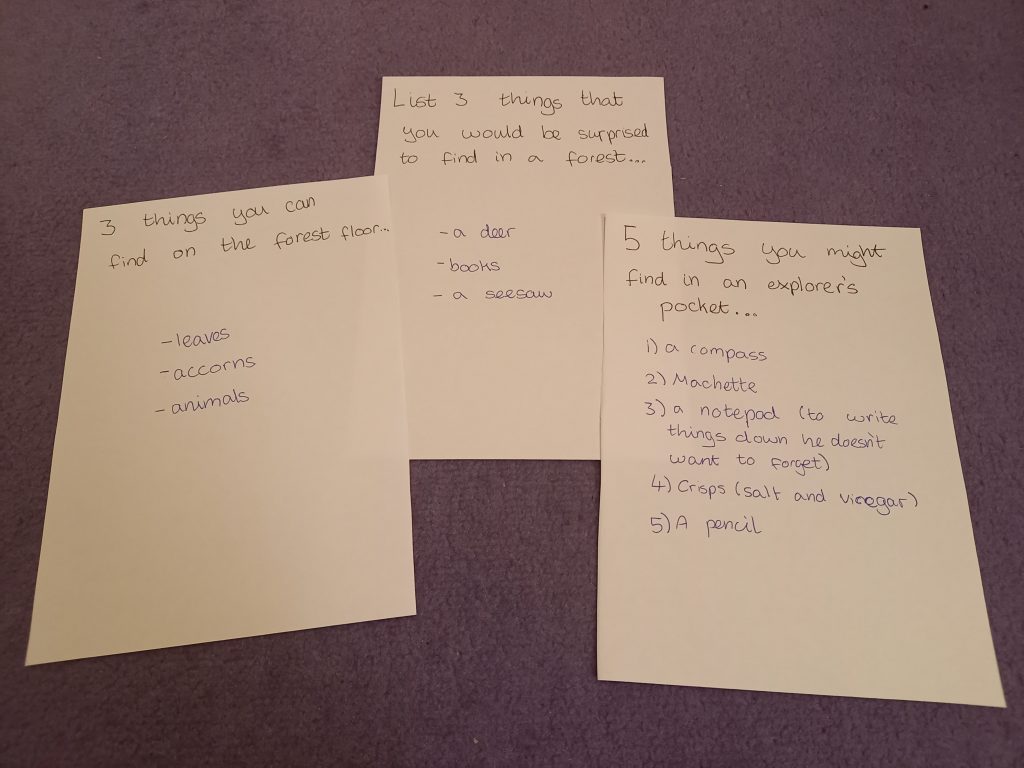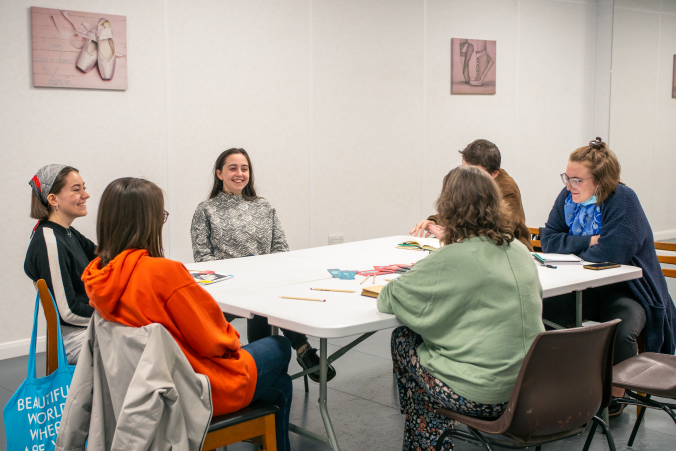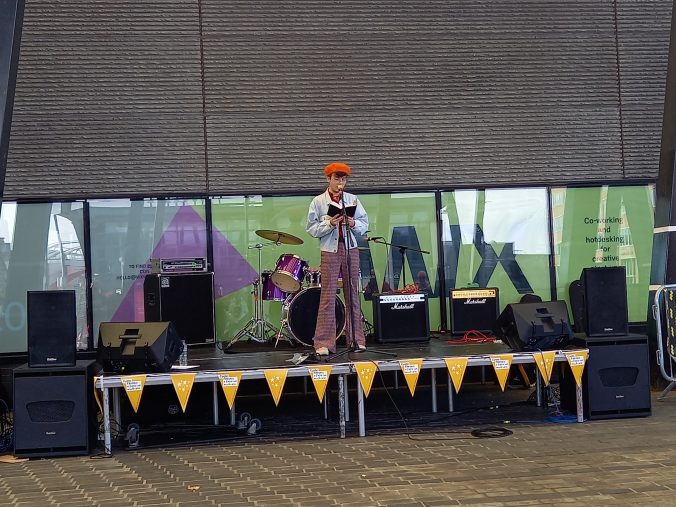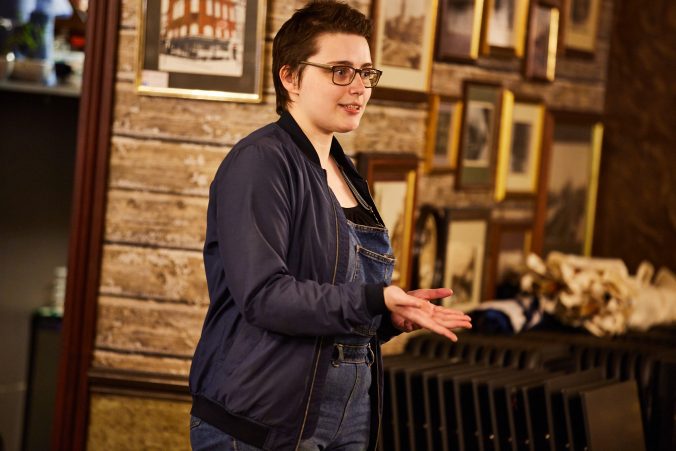Amy Winder is a writer (and wearer of many other hats) from Wakefield. In her day job, she puts her maths degree to great use as a freelance copywriter. She uses storytelling as a tool to explain or further understand complex concepts, and this is a recurring theme in her work. Amy produces a podcast series – Who Came Before – in which guests explain the figures and stories from history which have inspired them in their work, hobbies, studies or other areas of their life.
The following piece of writing and commentary is based on Wakefield Museums display “A World Of Good” and was inspired by a workshop held in partnership between Wakefield Litfest and the museum.
I carved into wood a beacon for your attention. Shaped it fat and round; a bird full of meat. I made it perfect, intricate details far too fine for your distant eye. Hours of work went into distracting your attention.
I acknowledge that a lot of that was pointless. I learnt from people who are more powerful than myself that it takes surprisingly little to manipulate a person. They have it down to an art; directing our squabbles towards each other. I can’t fight a giant, but I can best a poacher.
Oh, my decoy birds are an art of their own! I paint their feathers with the finest of brushes, each barb highlighted in its own perfect colour. I make them tempting for you. You awful trophy hunters.
Yes, I am aware of the hours I spent on a single bird. Hours which could be utilised speaking up, explaining and listening. I could push for a bigger vision, for a better world. Yet I am focused on my garden, my safe haven for something small.
Still I wait, ready for the shot to ring out as you bullet homes in on my beautiful decoy bird. Your weapon serves as an alarm, so I can chase you down.
I know that you, cruel poacher, do not live in the same world as me. Are you really in search of a trophy or are you only hungry?
I cannot know. For the sake of my conscience I can only hope. I must do what I can where I can. And each decoy shot is at least another bird saved. Another nightingale left free to sing.
I take action, and I can only hope others do the same. We cannot fight a giant on our own.
The story of Waterton creating decoy birds so he could spot and chase off poachers is one that struck me as whimsical, noble and hypocritical all at the same time. A man who created taxidermied animals from other continents, Waterton didn’t seem to realise the striking similarities between his actions in South America and the actions of poachers on his land. Beyond that, privileged as he was, I don’t think Waterton – a wealthy naturalist, explorer and from a family who owned slave plantations – was the best judge of whether the poaching on his land was simply a blood sport or if it was an important source of food for people who were hungry.
The creation of a nature reserve is an amazing thing. I believe that the preservation of wildlife and especially of creatures whose environment that we as humans have damaged, is a responsibility of humanity. However, I believe that there exists a lot of nuance in the actions of Waterton and of his poachers.
Nuance is a word that I come back to quite a lot. It’s perhaps more important than ever in modern climate activism, where disabled people are losing the accessibility of plastic straws, where the rise of eco fashion means some people are struggling to afford second hand clothes, where public transport is impractical outside of major cities. Even at its most straightforward, sustainable options are often more expensive, more time consuming and less accessible than their alternatives.
This doesn’t mean that we shouldn’t try, simply that it’s important to acknowledge that having sustainable options is a privilege that not everyone shares. For me, that means while I am taking advantage of the sustainable choices I am able to make, I must also listen to and amplify the voices of those people who cannot afford to make the environment such a priority. Climate activism cannot exist in a vacuum and by making the structural, cultural and political changes necessary to empower people to participate, the journey towards a sustainable society can only be made faster.
I don’t have access to the thought process of Waterton and he certainly didn’t have access to the myriad of resources, ideas and information that we do today. The UK’s first nature reserve is a great achievement, but still I cannot help but wonder what more Waterton could have achieved in union with his poachers.


